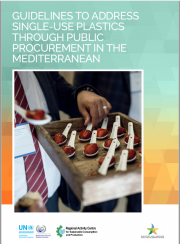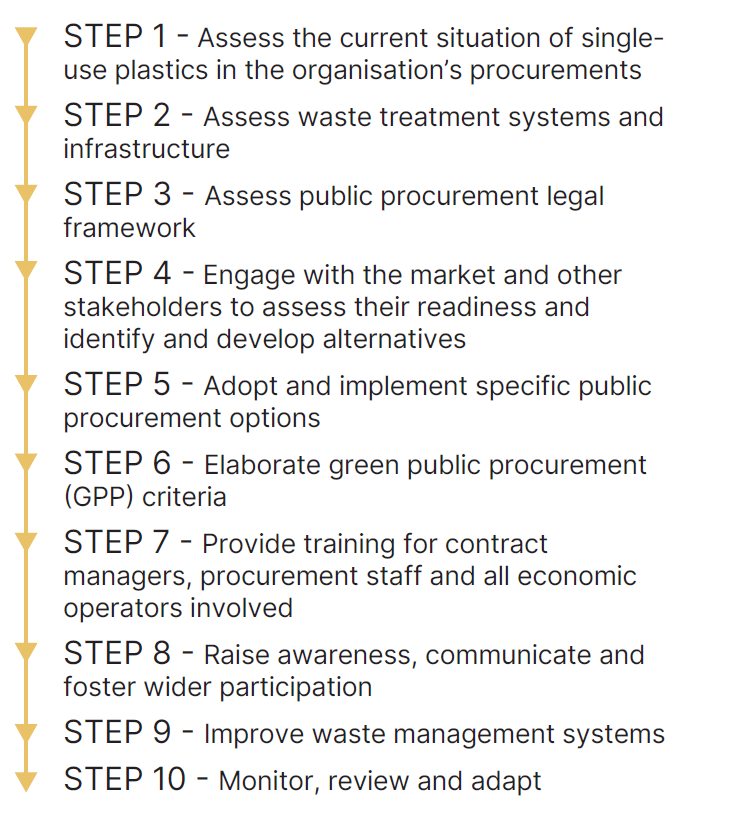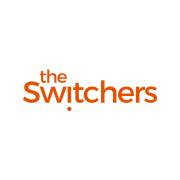

Subscríbete al SCP News
Addressing plastic pollution through public procurement – New guidelines produced by SCP/RAC

- Guidelines to address single-use plastics through public procurement in the Mediterranean, now available in English, French, Albanian and Bosnian-Montenegrin.
- Public procurement is identified as a key action to address plastic marine litter by the Barcelona Convention.
- By implementing these guidelines, public administrations across the Mediterranean can boost circular economy in the region and abate plastic pollution.
Public procurement affects a considerable share of world trade, amounting on average 10 to 25% of a country’s Gross Domestic Product or GDP, therefore public procurement plays a key role in achieving more sustainable production and consumption patterns. Though its pulling effect, public procurement can foster changes in the supply chain with a positive effect on the rest of the market.
Although public administrations consume plastic materials in many ways, some high-intense use areas were identified as well as which criteria could be applied in procurement processes. These areas correspond to:
- Single-use plastics on the food & beverage sector, which from a public procurement perspective relate to purchases and contracts for the provision of food services in public buildings (schools, hospitals, universities…); catering services for meetings, conferences and events; and vending machines services.
- Packaging in general applicable to any supplies, works and services carried out by public authorities (e.g. packaging of cleaning products).
The guidelines target policy-makers in the Contracting Parties to the Barcelona Convention and provide them with a step-by-step approach for developing the appropriate framework to address the reduction of single-use plastics through procurement in the public sector.

The guidelines have been elaborated following a review of case studies and consultation with experts. Concrete examples are explained in the document, as well as guidance for applying plastics-related criteria in procurement.
SCP/RAC is committed to promote the implementation of the guidelines in the region. An initial and promising pilot took place in Montenegro, which proved the feasibility to implement them with great enthusiasm from public authorities.
You can download the guidelines here:
English / Albanian / Bosnian-Montenegrin / French
More information
This publication has been commissioned by SCP/RAC to Ecoinstitut, as part of the portfolio of activities to improve the policy framework and engage with the food & beverage industry in Albania, Bosnia & Herzegovina and Montenegro, through the Cooperation Agreement between UN Environment/MAP and the Italian Ministry of Environment and Land and Sea Protection.














